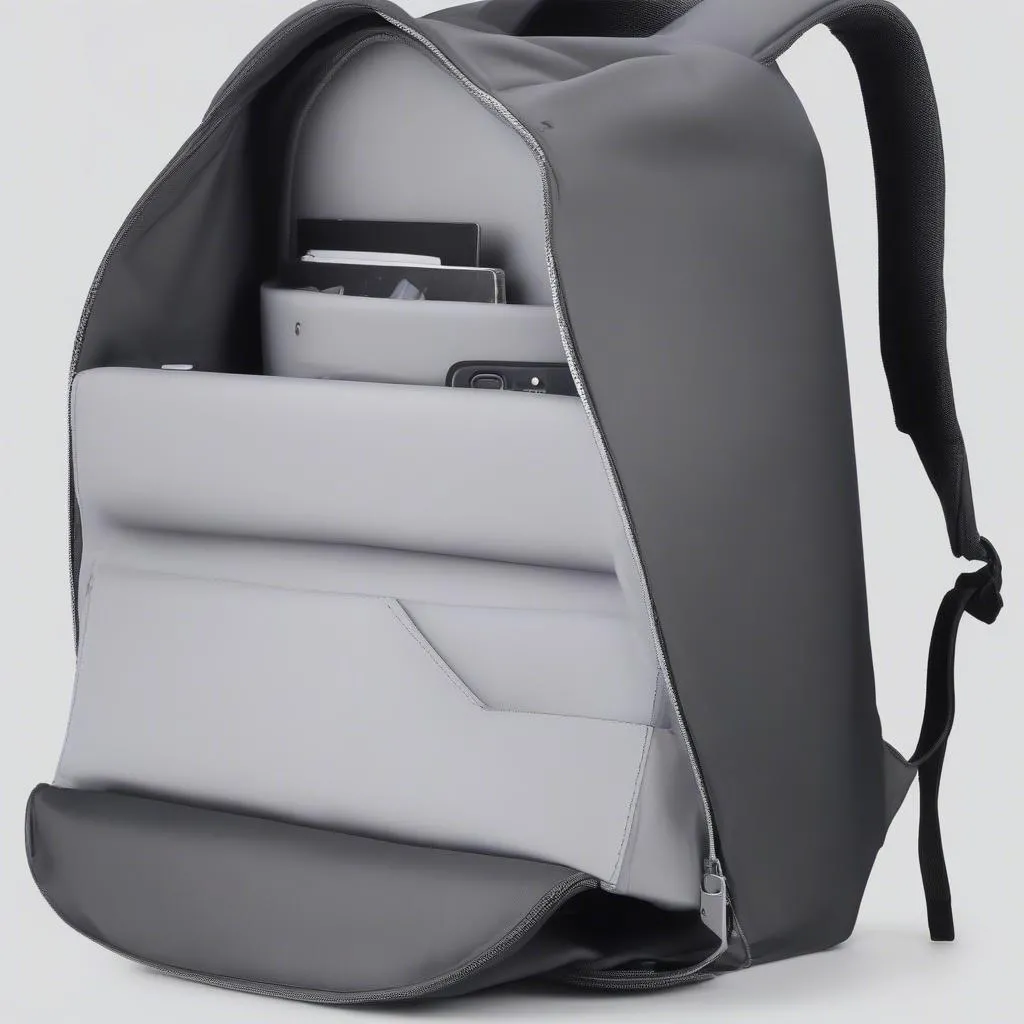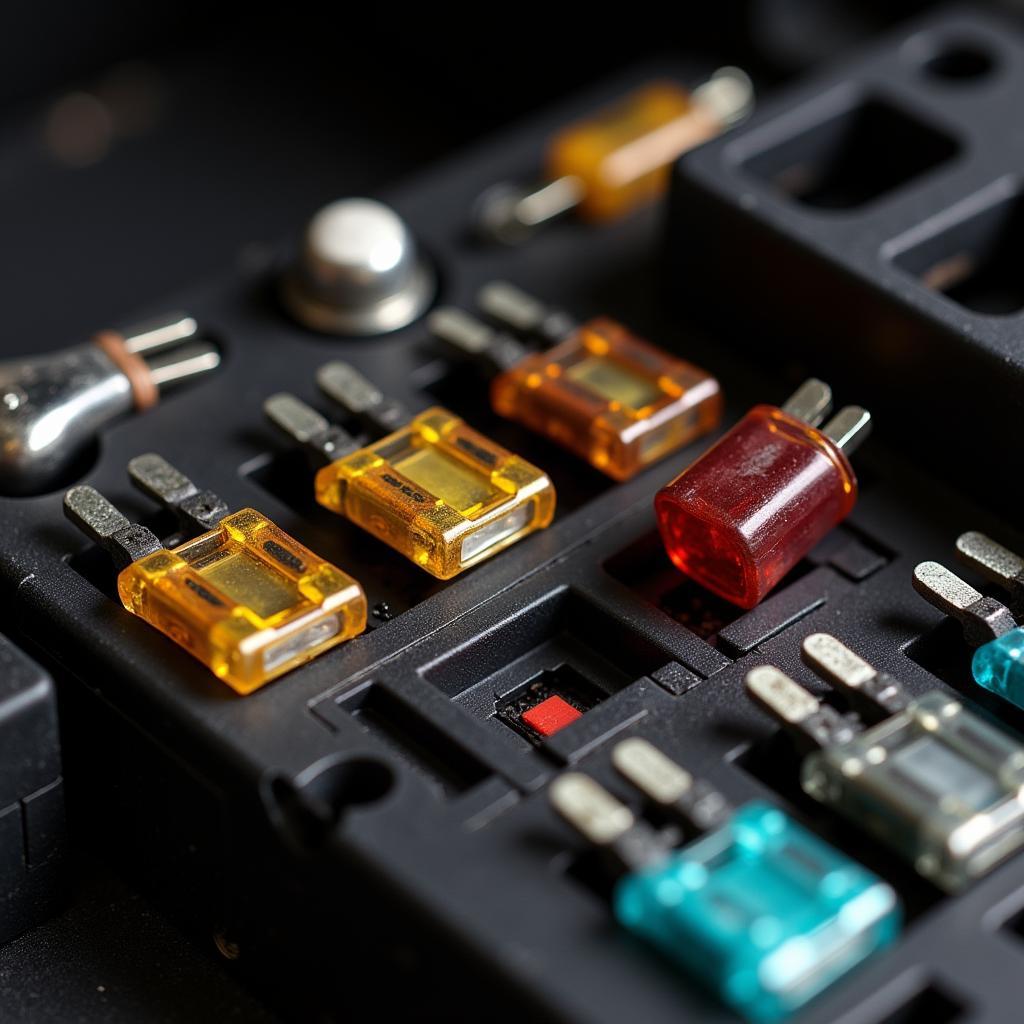The 2001 VW Golf is a reliable and popular car, but like any vehicle, it can experience problems. One common issue that Golf owners encounter is the brake warning light coming on. This light can be a sign of a serious problem with your brakes, so it’s important to address it promptly.
Common Causes of the Brake Warning Light in a 2001 VW Golf
There are several reasons why the brake warning light might come on in a 2001 VW Golf. Some of the most common causes include:
- Low Brake Fluid: This is the most common reason for the brake warning light to come on. Brake fluid is essential for maintaining hydraulic pressure in the brake system, and when it gets low, the light will illuminate.
- Faulty Brake Pad Sensor: Brake pads wear down over time, and when they reach a certain level of wear, a sensor in the pad will trigger the brake warning light.
- Faulty ABS Sensor: The Anti-lock Braking System (ABS) uses sensors to detect wheel speed and prevent the wheels from locking up during braking. If one of these sensors malfunctions, the warning light may come on.
- Faulty Brake Light Switch: The brake light switch is located on the brake pedal and is responsible for turning on the brake lights when you press the pedal. If this switch malfunctions, the warning light may come on.
- Electrical Problem: In some cases, the brake warning light may come on due to an electrical problem in the brake system. This could be a short circuit, a faulty wiring harness, or a problem with the brake control module.
How to Troubleshoot the Brake Warning Light
Here’s a step-by-step guide on how to troubleshoot the brake warning light in your 2001 VW Golf:
- Check the Brake Fluid Level: First, check the brake fluid level in the reservoir. The reservoir is typically located under the hood, near the firewall. If the fluid level is low, you will need to add more brake fluid.
- Inspect the Brake Pads: Next, inspect the brake pads. The brake pads are located behind the wheels. If they are worn down, you will need to replace them.
- Check the Brake Light Switch: The brake light switch is located on the brake pedal. You can test it by pressing the brake pedal and seeing if the brake lights come on. If they don’t, the switch may be faulty.
- Scan for Diagnostic Codes: If you can’t find the problem yourself, you can use an OBD-II code reader to scan for diagnostic codes. These codes can provide more information about the problem.
2001 VW Golf Brake Warning Light: Expert Insights
“Always prioritize safety. If you suspect a brake problem, don’t hesitate to contact a mechanic. Driving with faulty brakes is extremely dangerous.” – John Miller, Certified Automotive Technician
“Before working on your brake system, make sure you understand the potential dangers. Always use caution and wear safety glasses.” – Sarah Brown, Automotive Mechanic
“If you’re not comfortable working on your own brakes, it’s always best to take your car to a trusted mechanic.” – Mark Williams, Master Technician
What to Do If the Brake Warning Light Remains On
If the brake warning light remains on after checking the brake fluid level, brake pads, and brake light switch, it’s important to take your car to a qualified mechanic. There may be a more serious issue with your brake system that requires professional attention.
FAQs
Q: What are the risks of ignoring the brake warning light?
A: Ignoring the brake warning light can be very dangerous. It may indicate a serious brake problem that could lead to loss of braking ability.
Q: How often should I check my brake fluid level?
A: It’s a good idea to check your brake fluid level at least once a month. You should also check it after any heavy braking or if you notice a change in the feel of your brakes.
Q: How much does it cost to replace brake pads?
A: The cost of replacing brake pads varies depending on the make and model of your car, as well as the type of brake pads you choose. You can expect to pay anywhere from $50 to $200 per axle.
Q: Can I drive my car if the brake warning light is on?
A: You should avoid driving your car if the brake warning light is on. If you must drive, do so cautiously and at slow speeds.
Q: How do I know if my ABS system is faulty?
A: If you hear a grinding or clunking sound when you brake, or if you feel the brakes pulsating, this could be a sign of a faulty ABS system.
The brake warning light is a serious indicator. If you notice it illuminated in your 2001 VW Golf, address it promptly for a safe and enjoyable driving experience.


